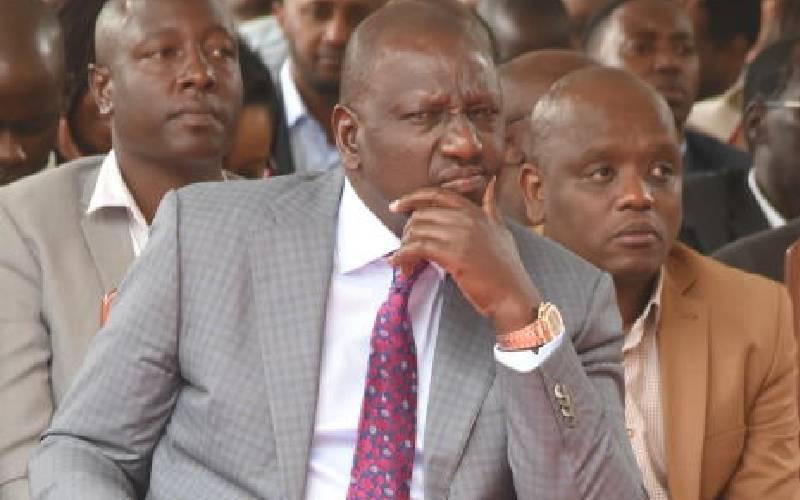
My thesis in this article is humble; by turning majority of legislators to his cronies, William Ruto, if confirmed, could be a one-term president. The most daring factor in Dr Ruto's regime to be is that the hustlers are the principal stakeholders. Unlike Raila Odinga, no nobles or kingmakers are involved - the people will be said to have enthroned him.
A few hours after IEBC Chairman Wafula Chebukati declared Ruto president-elect, he hunted down almost all independent legislators and one governor and converted them for his use. He also went for United Democratic Movement, the party he claims he founded, and brought its house comprising seven MPs, two senators, two governors and 35 Members of the County Assembly to his bosom.